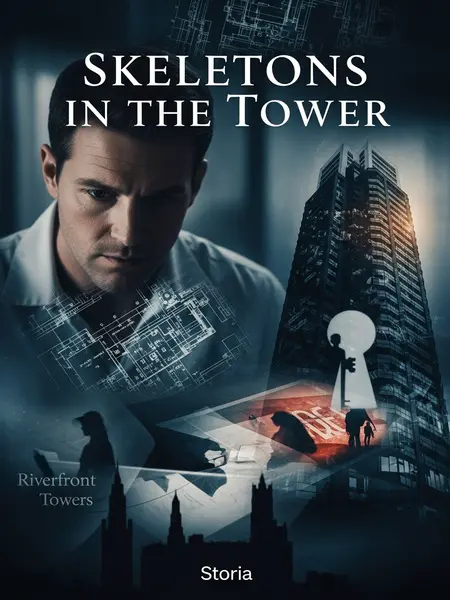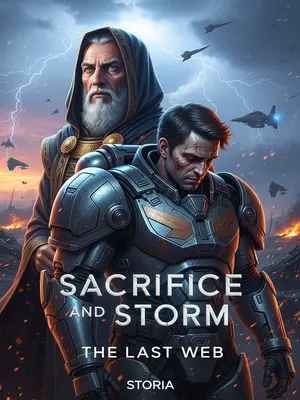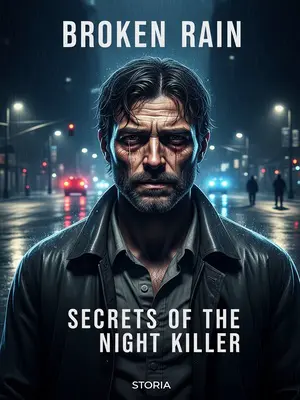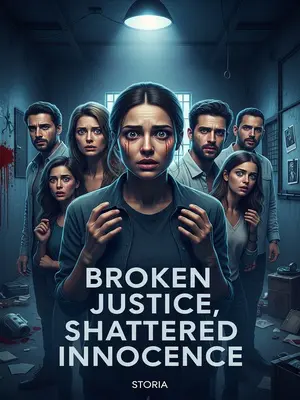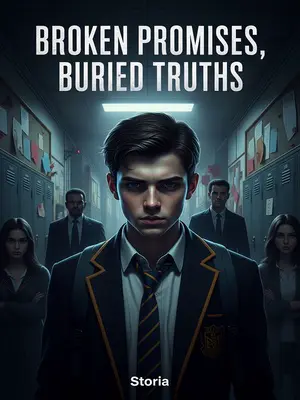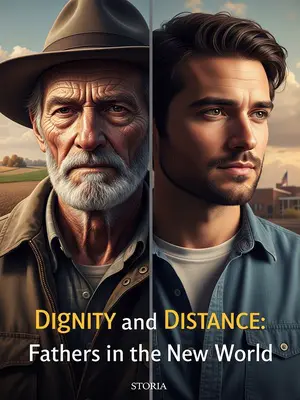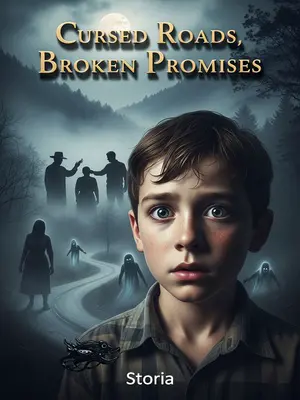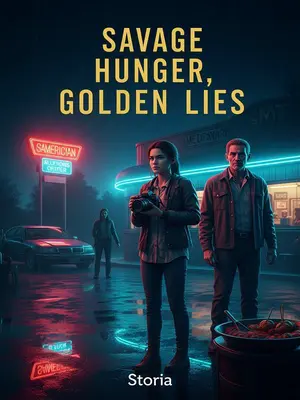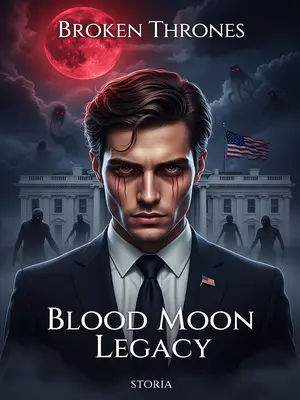Chapter 2: The Paternity Gambit
The paternity test came back negative—no biological link between Daniel Reyes and Charles Whitaker. Thompson didn’t even blink. He just leaned in, lowering his voice. “You don’t really think I went through all this just for a paternity test, do you?”
I cocked an eyebrow. “So what is it you’re after?”
“An autopsy. I want to know if there was anything in Whitaker’s system—drugs, sedatives, whatever.”
The pieces snapped into place. The paternity test was just a smokescreen. Thompson wanted to know if Charles was conscious when he jumped—if maybe someone had helped him over the edge with a little chemical encouragement.
I asked, “Does Daniel Reyes even exist?”
Thompson waved me off, lips pressed tight. “Don’t worry about it. We’ve got the body. That’s all that matters.”
It clicked for me. The sons were probably itching to cremate their father and get the inheritance rolling. Daniel Reyes might be a total fabrication—just a trick to keep the body around long enough for Thompson to get what he needed. The paternity test was just a delay tactic. The real goal was time.
I hesitated, my hands fidgeting with the paperwork. “I can’t do an autopsy without an official order. That’s the law, you know that.”
“Can’t get one. It’s ruled a suicide—unless you’ve got hard evidence, no way they’ll approve it.”
He sighed, the lines around his eyes deepening, then pressed, “But you can at least look over the body. No cutting, no digging, no evidence left behind, right?”
The whole thing was fishy—the suicide ruling had come down fast, almost too fast. And Thompson was getting boxed in by his own people, the higher-ups stonewalling any real investigation.
“What’s the deal, Earl? Why won’t they let you check?”
He looked away, pain flickering in his eyes. “Pressure from above… but Charles deserved better.”
I got it then. That’s why he’d spent so long sharing those memories with me—so I couldn’t say no now, not when it mattered.
“Fine. No cutting.”
I grabbed the remote and flicked off the surveillance feeds for my office and the autopsy room. The hum of the monitors faded, replaced by the low buzz of the fluorescent lights. I’d always hated the way things ran here—like a conveyor belt for the dead. Most days, the other doctors were off in their own worlds, sipping Dunkin’ coffee, thumbing through the Detroit Free Press, or hiding in the back lab. When I needed to bend the rules, I just turned off the cameras and hoped nobody was watching. Like now.
Since Charles’s skull was shattered, I could draw a small blood sample without leaving any obvious trace. It was a gamble, but with the cameras off and the office quiet except for the distant hum of the vending machine, who’d know? The test would need to run overnight, so Thompson took the paternity report and left. Curiosity gnawed at me. I pulled out my phone, googled Charles Whitaker, and scrolled through the headlines: suicide at Riverfront Towers, family infighting, rumors of bankruptcy. Grant and Cole Whitaker each had their own companies—one in interior design, one in construction supply—but both were drowning in debt. Their father’s death, tragic as it was, would wipe the slate clean in a heartbeat. The American dream, twisted into a nightmare.
A tragedy? Maybe not for everyone. In this country, with that kind of inheritance, a financial disaster can turn into a golden ticket. The media painted the Whitaker family as toxic—bickering, lawsuits, all the makings of a true crime docuseries. Would someone really kill their own father for money? Sure. Happens more often than folks care to admit. I thought of the Menendez brothers, the Sante and Kenny Kimes case—money, family, murder, all tangled together. Thompson was eyeing the sons, but as I’d soon find out, the truth was stranger still.
The next morning, the office smelled of burnt coffee and the faint tang of bleach. I hurried to the lab, my nerves buzzing. The results were in: Charles’s blood tested positive for a hallucinogen. I called Thompson, who said he’d be there in ten. My hands shook a little as I printed the report—this wasn’t routine anymore.
He showed up with a stranger in tow—Mr. Carter, an insurance claims manager from a company with a logo I’d seen on billboards all over town. Carter looked the part: pressed suit, shiny briefcase, hair parted with military precision. Thompson wasted no time.
“Dr. Landry, the deceased’s blood showed hallucinogens. Could he have taken drugs before he died?”
I nodded, careful with my words. “It’s possible, yes.”
That was all Thompson needed. I started to explain, but he waved me off and turned to Carter.
“Mr. Carter, if the insured dies from drug use, the company can deny the payout, right?”
Carter’s eyes lit up, and he straightened his tie, practically glowing. “Correct. If drug use is confirmed, the policy is void.”
“When the medical examiner confirms this, you’ll notify the beneficiaries?”
Carter nodded, his smile growing. I could almost see the dollar signs in his eyes.
